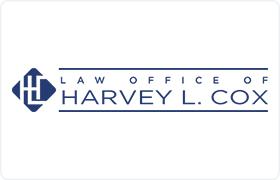Kosse Wills & Probate Lawyer, Texas
Sponsored Law Firm
-
 x
x

Click For More Info:
-
Law Office of Harvey L. Cox
1600 Lake Air Drive Suite 102 Waco, TX 76710» view mapEstate Law, Power of Attorney A New Perspective On Estate Planning
Our Family Estate & Business Planning focuses on protecting your assets from creditors, predators, lawsuits, judgments, liens, and greedy relatives.
800-795-7741
Includes: Estate Administration, Living Wills, Wills
Lloyd Gregory Tate
Commercial Real Estate, Wills, Family Law, Criminal
Status: In Good Standing Licensed: 30 Years
Julia Annette Humphries Morton
Family Law, Juvenile Law, Wills
Status: In Good Standing Licensed: 18 Years
Stephen G. Johnson
Commercial Real Estate, Wills, Elder Law, Business & Trade
Status: In Good Standing Licensed: 47 Years
Rose A. Littlepage
Commercial Real Estate, Real Estate, Wills, Estate
Status: In Good Standing Licensed: 56 Years
 Harvey L. Cox Waco, TX
Harvey L. Cox Waco, TX Practice AreasExpertise
Practice AreasExpertise
